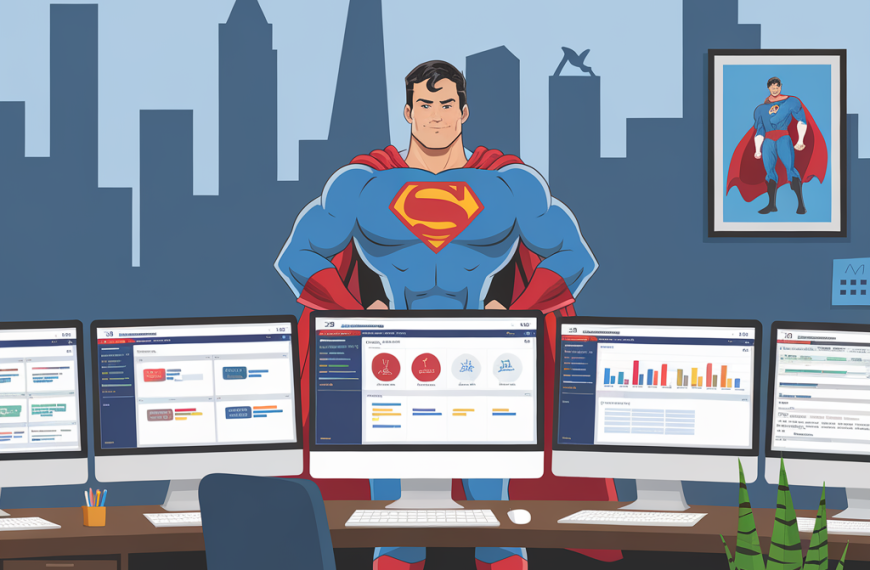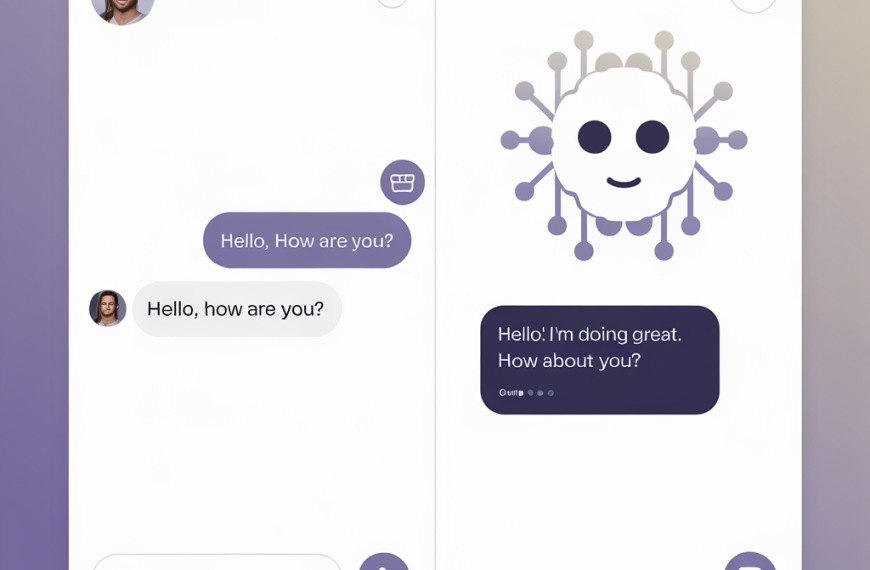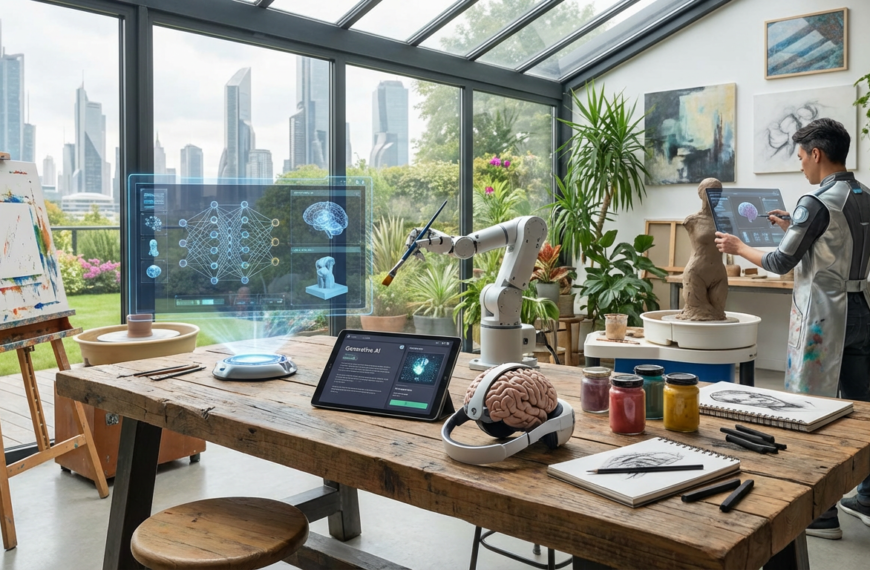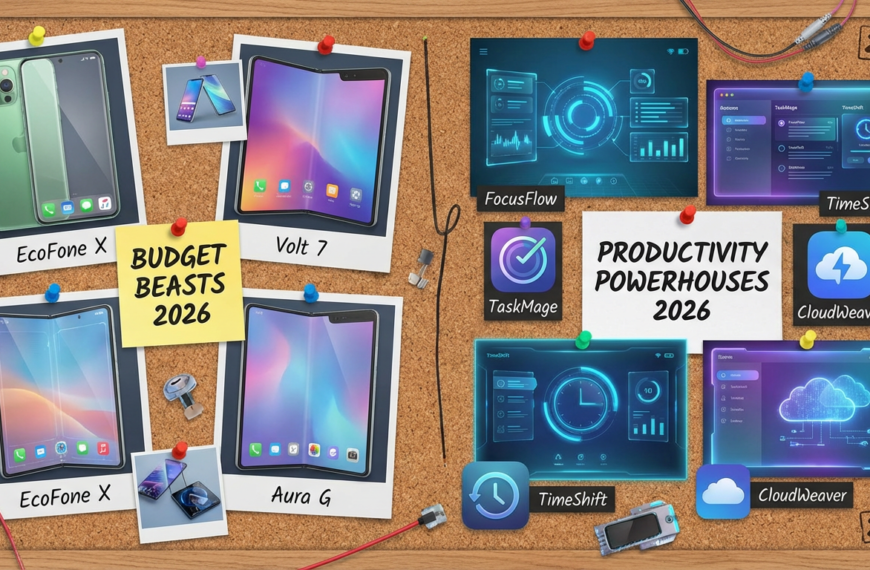18 Ways Project Management Tools Are Reshaping the Future of Work

Introduction: The Opportunity of Transformation
In today’s fast-paced digital landscape, the way we manage projects is undergoing a seismic shift. With the rise of AI, automation, and remote work, project management tools are not just a convenience—they’re a necessity. These tools are reshaping the future of work, offering unprecedented opportunities for efficiency, collaboration, and innovation. But how exactly are they doing this? Let’s explore 18 ways project management tools are transforming the workplace.
Section 1: Current Trends in Project Management Tools

AI and Automation
The integration of AI in project management tools is revolutionizing how tasks are scheduled, visualized, and managed. By automating repetitive tasks and providing data-driven insights, AI enhances decision-making and boosts efficiency. This trend is not just about doing things faster—it’s about doing them smarter.
Collaborative Workspaces
As remote work becomes the norm, tools that facilitate seamless global collaboration are on the rise. These platforms break down geographical barriers, allowing teams to work together as if they were in the same room, enhancing productivity and innovation.
Agile and Hybrid Methodologies
The shift towards agile project management reflects a growing need for flexibility and responsiveness. By adopting agile and hybrid methodologies, teams can adapt to changes quickly, ensuring projects stay on track and meet evolving demands.
Section 2: Influence on Remote Work and Collaboration

Project management tools are indispensable for managing remote teams. They offer features that enhance communication, task tracking, and project visibility, ensuring that everyone is on the same page, no matter where they are. This capability is crucial for maintaining productivity and morale in a remote work environment.
Section 3: The Impact of AI and Automation

AI is not just a buzzword—it’s a game-changer in project management. By automating routine tasks and providing actionable insights through data analysis, AI tools improve resource allocation and project outcomes. Companies that embrace AI in their project management processes are poised to gain a significant competitive advantage.
Section 4: Case Studies of Successful Implementations

McDonald’s
By switching to Celoxis, McDonald’s improved its IT operations and efficiency, showcasing the transformative power of project management tools.
RheinBrücke
After adopting Celoxis, RheinBrücke saw a 35% improvement in project management efficiency, highlighting the tool’s effectiveness in streamlining processes.
NKI
NKI achieved 30% cost savings and 90% on-time delivery with Celoxis, demonstrating the software’s ability to handle complex project environments successfully.
Section 5: Future Predictions for Project Management Tools

The future of project management tools is bright, with increased integration of AI and a focus on data-driven decision-making. As these tools evolve, there will be a greater emphasis on soft skills such as leadership and communication, ensuring that technology enhances, rather than replaces, human capabilities.
Conclusion: Embrace the Future
Project management tools are not just reshaping the future of work—they’re defining it. By embracing these tools, businesses can unlock new levels of efficiency, collaboration, and innovation. As we look to the future, the integration of AI and the emphasis on agile methodologies will continue to drive this transformation. Are you ready to embrace the future of work?
Categories: Productivity Tools (ID: 1), Top AI Tools (ID: 2), Trending Insights (ID: 10), Latest 2025 (ID: 14)


 By
By










